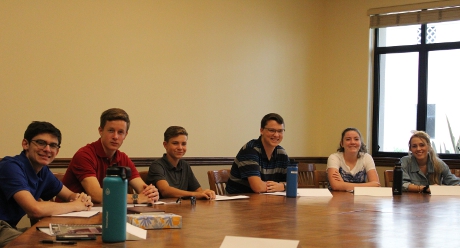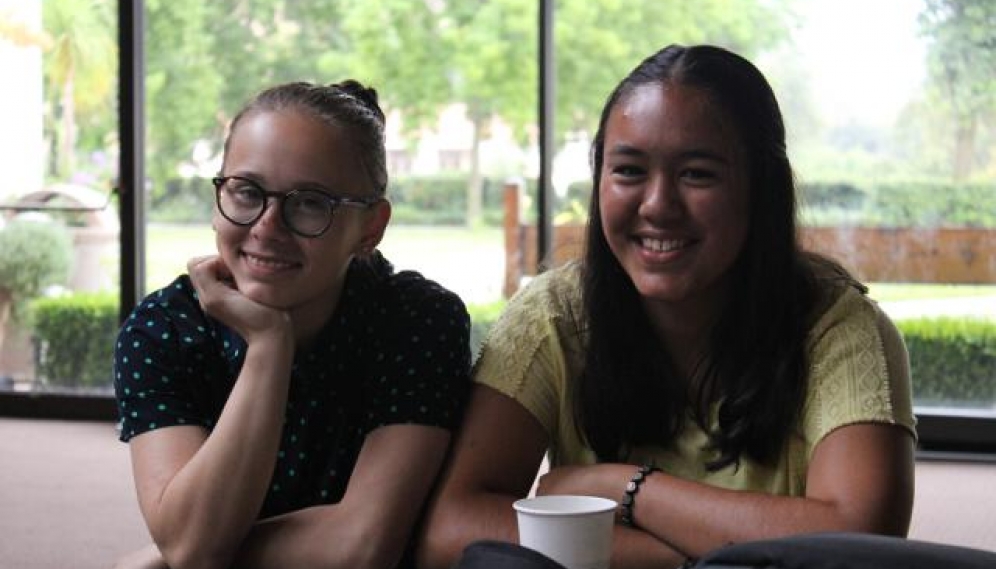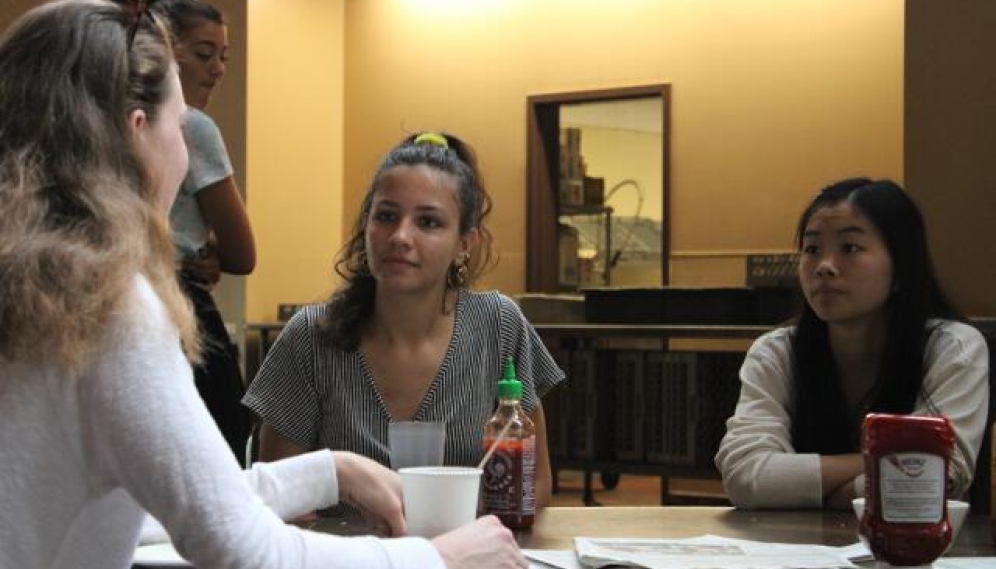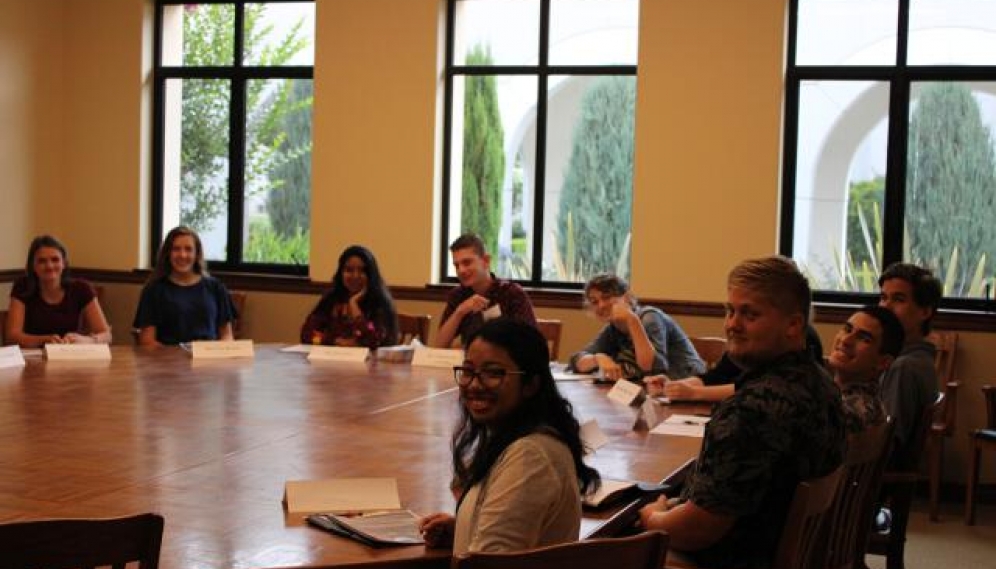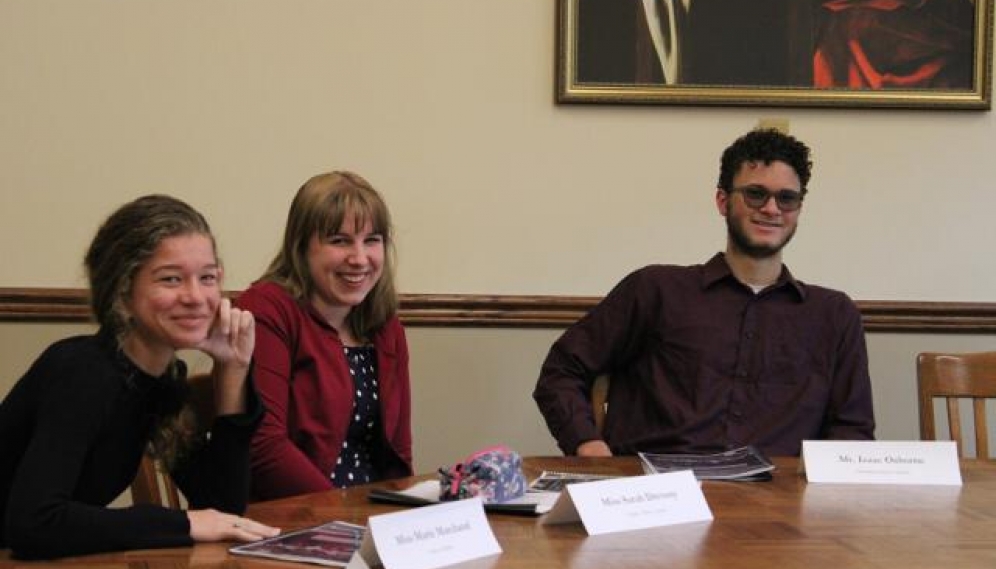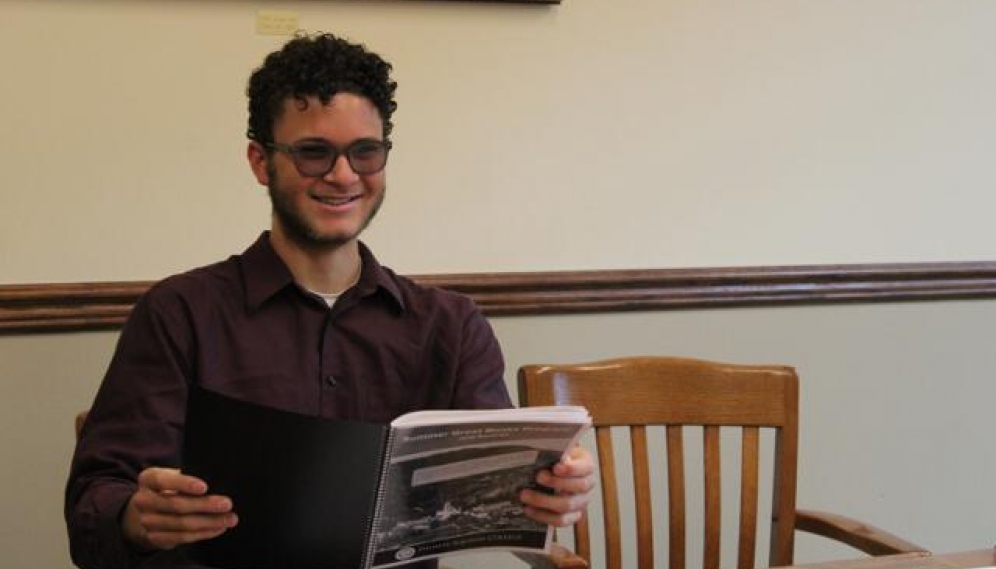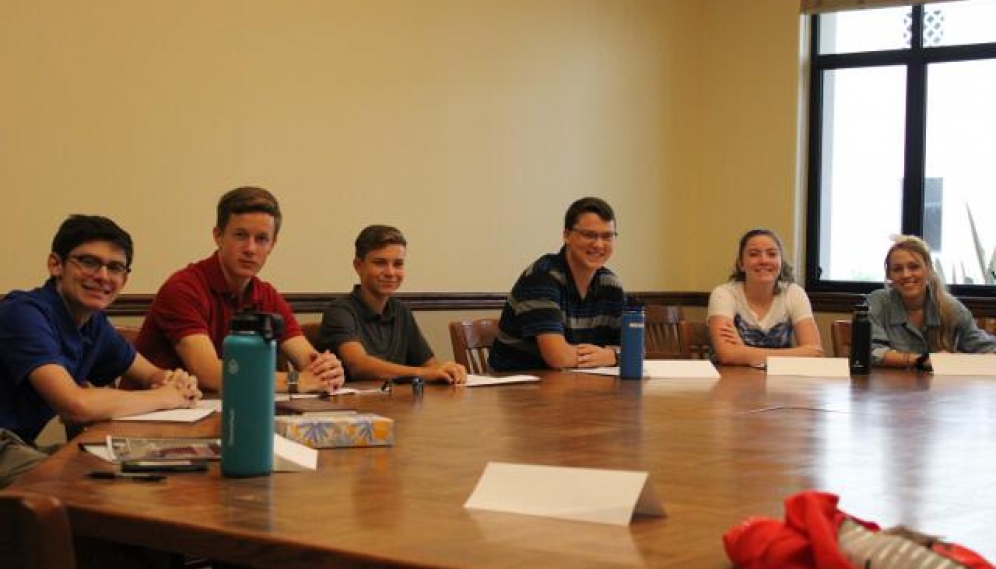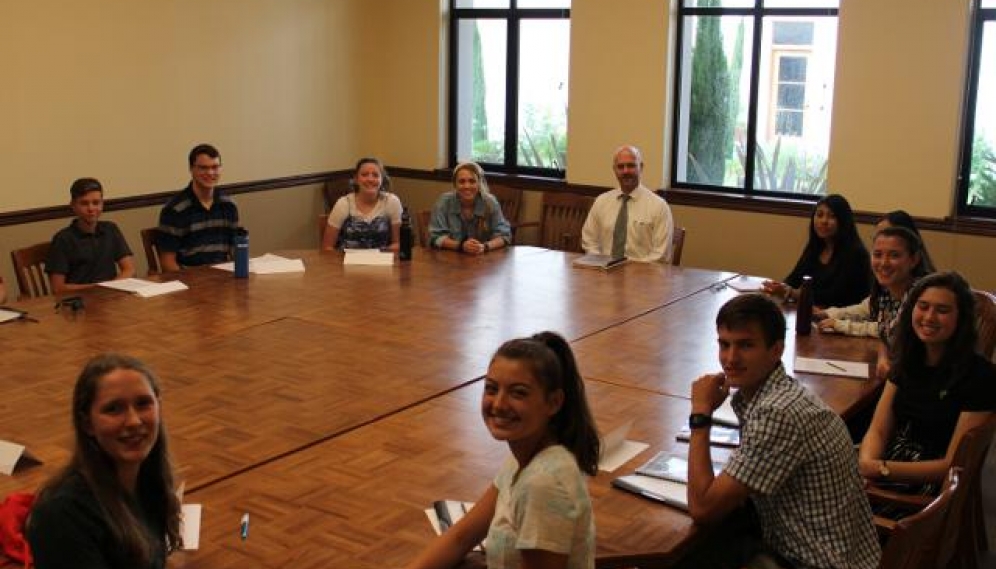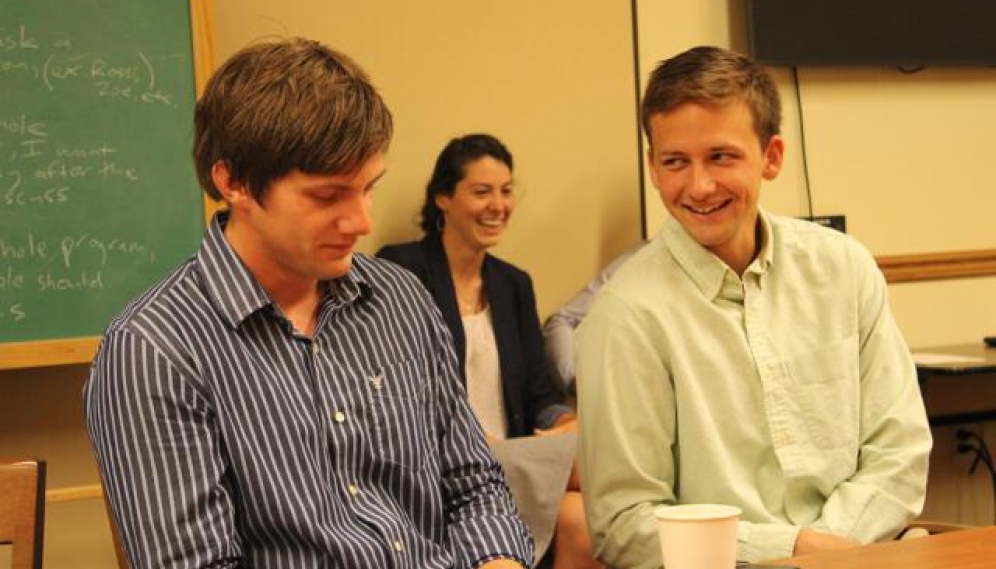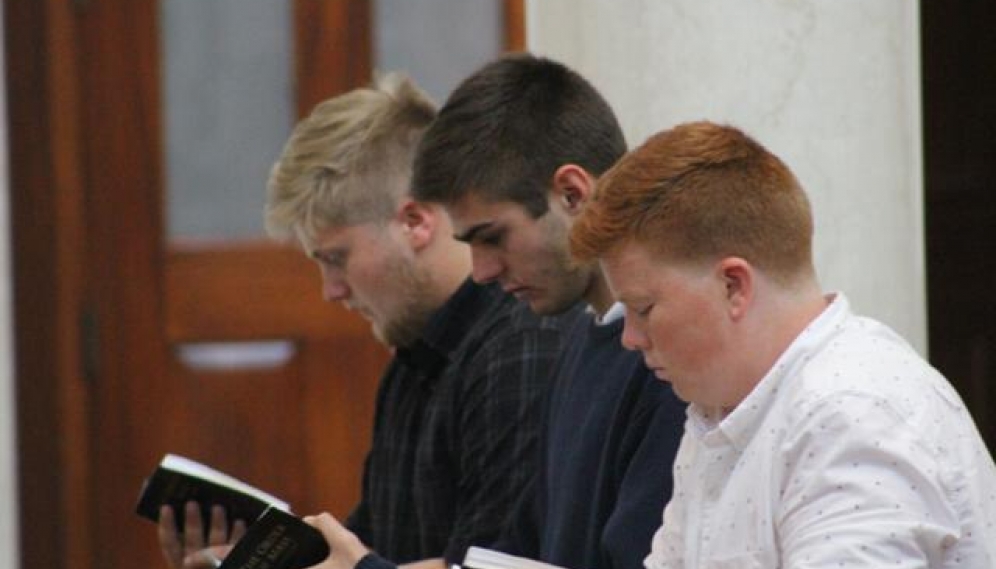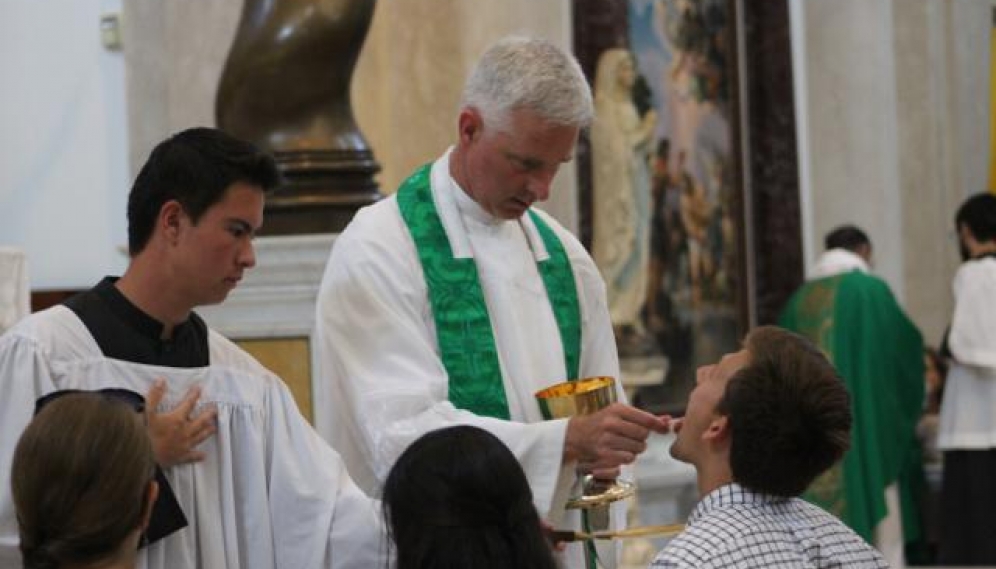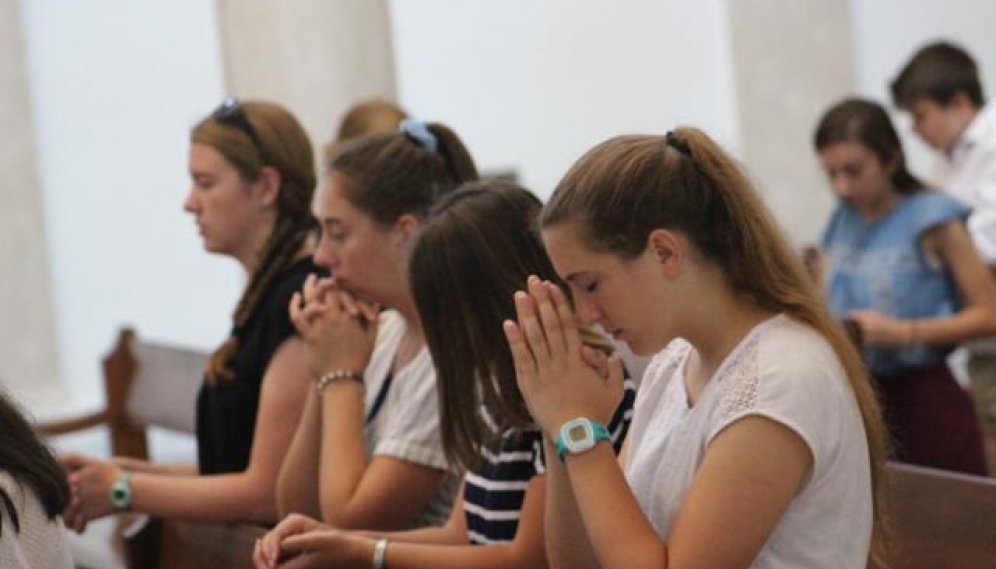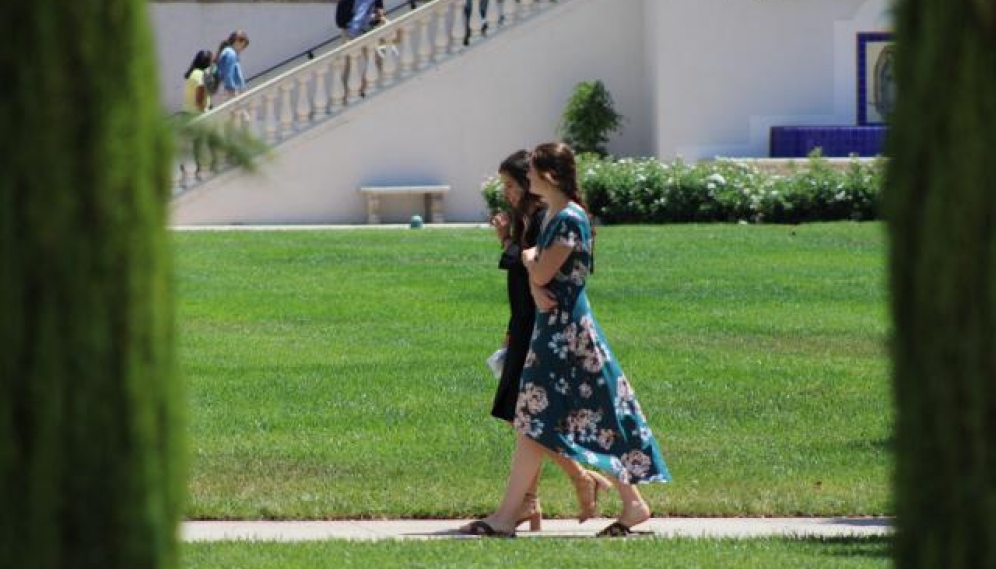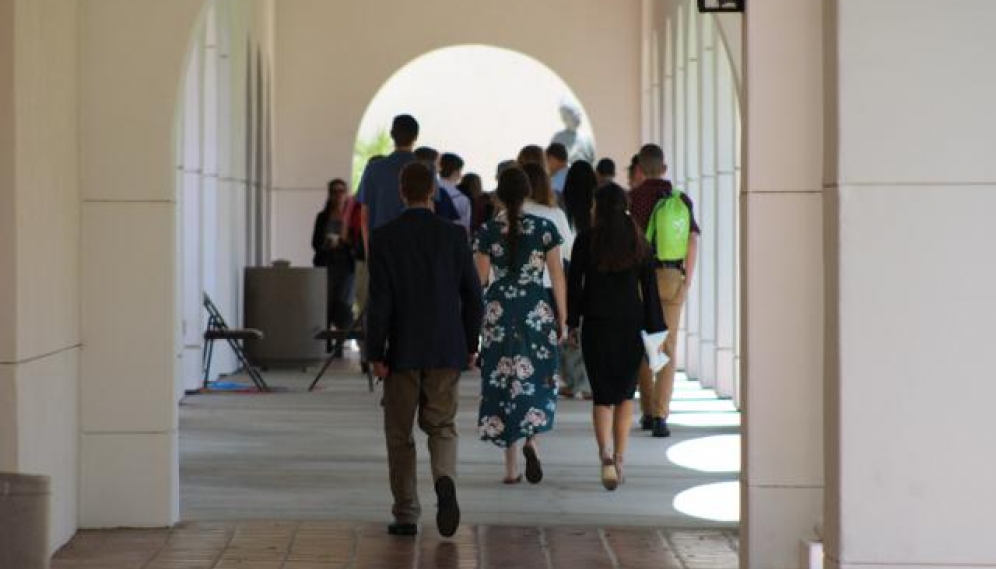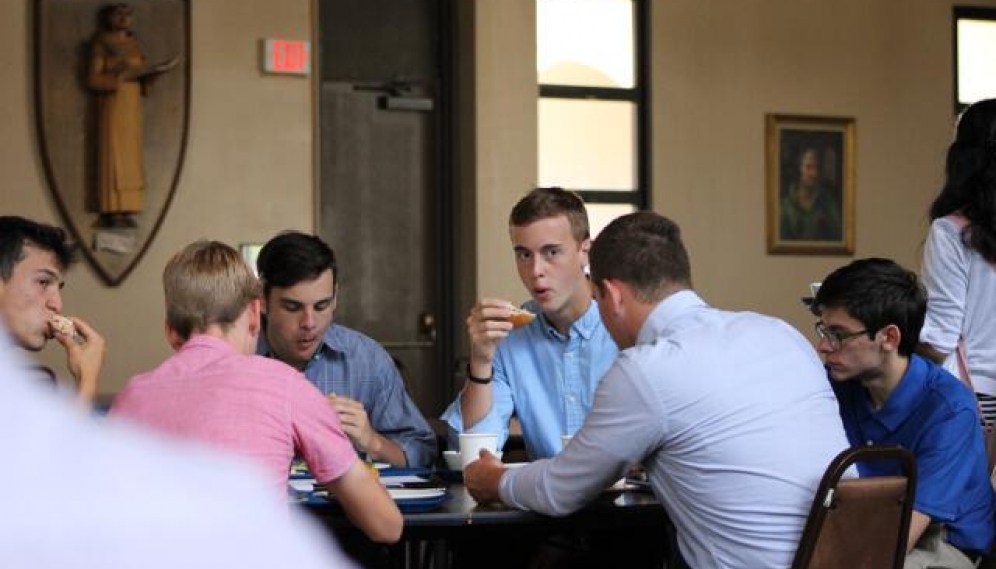- Home
-
About
 Fidelity & Excellence
Fidelity & ExcellenceThomas Aquinas College is unique among American colleges and universities, offering a faithfully Catholic education comprised entirely of the Great Books and classroom discussions.
-
A Liberating Education
 Truth Matters
Truth MattersTruth, and nothing less, sets men free; and because truth is both natural and supernatural, the College’s curriculum aims at both natural and divine wisdom.
-
A Catholic Life
 Under the Light of Faith
Under the Light of FaithThe intellectual tradition and moral teachings of the Catholic Church infuse the whole life of Thomas Aquinas College, illuminating the curriculum and the community alike.
-
Admission & Aid
 Is TAC Right for You?
Is TAC Right for You?Do you enjoy grappling with complex questions? Are you willing to engage in discussions about difficult concepts, with the truth as your ultimate goal?
-
Students & Parents
 Mind, Body & Spirit
Mind, Body & SpiritThere is always something to do at TAC — something worthwhile, something fulfilling, and something geared toward ever-greater spiritual and intellectual growth.
-
Alumni & Careers
 What Can You Do with a Liberal Education?
What Can You Do with a Liberal Education?Nothing speaks more to the versatility of the College’s academic program than the good that our alumni are doing throughout the Church and the world.
- Search
- Giving
Wager on a Stomping
A late night in Los Angeles did little to slow down the students at this year’s California High School Summer Program — several of whom made their way, per usual, to the basketball court at 6:00 this morning. “I don’t know, they’re good,” fretted one prefect, looking ahead to next week’s Students vs. Prefects Basketball Game. “We might get stomped.”
After breakfast came the first of the day’s classes, where students began to consider a question with which they would wrestle all day: Can we know by reason that God exists?
The subject of the morning class was Blaise Pascal’s famous “wager” from the Pensées. Pascal argues that, absent definitive proof, man should operate under the assumption that God exists. He puts the matter in betting terms, explaining that, if there is no God, the believer’s belief will cost him very little, but if God does exist, then the believer’s faith will win him eternal life.
That may be so, but is there not a better case to be made for God than “play the odds”?
That brings us to this afternoon’s class, in which students considered two very different, but complementary texts.
The first is Jean Henri Fabre’s detailed account of the workings of bees. Fabre’s descriptions of insect life reflect brilliantly complex operations performed by hopelessly simple-minded creatures. The insects partake in a process far beyond their comprehension, yet essential to their existence, offering the hint of a design and, thus, a Designer. St. Thomas Aquinas makes this argument explicitly in the students’ second reading, from the Summa Theologiae. In one of his “Five Proofs” for the existence of God, St. Thomas contends that “whatever lacks intelligence cannot move towards an end, unless it be directed by some being endowed with knowledge and intelligence … Therefore some intelligent being exists by whom all natural things are directed to their end; and this being we call God.”
As one prefect described it, “With Aquinas, we looked at a reasoned argument for faith, as opposed to Pascal’s probabilistic argument.” And so, drawing upon three of history’s greatest thinkers in a variety of disciplines, the students made a good “first start,” into the question of God’s existence. Not bad for a day’s work— but the day has just begun!
By night’s ends the students will also perform their dramatic reading of The Importance of Being Earnest, pray at the College’s walkable Stations of the Cross, and enjoy a sing-along by the Guadalupe Fountain. Come back to the blog Saturday morning for a full report, complete with photos!


